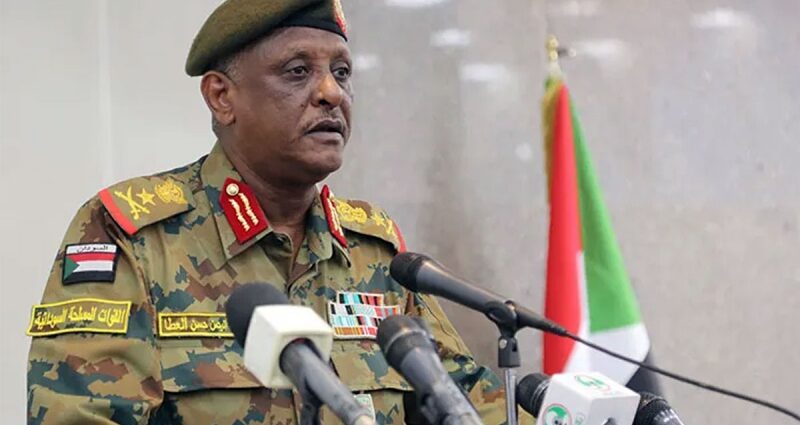Omdurman , April 2 (Darfur 24)Assistant Army Commander, Lieutenant General Yasser Al-Atta, on Monday evening, attacked critics of the armed popular resistance, while activists warned of an imminent split in the army, which has been fighting the Rapid Support Forces for nearly a year.
Al-Atta’s statements came days after the Assistant Army Commander, Lieutenant General Shams al-Din Kabashi, warned that the popular resistance would become the next threat to Sudan, and he talked about arrangements to enact a law regulating its work.
Kabbashi called on the military leaders to collect weapons outside the army’s command and not to allow the arming of civilians outside the camps.
Al-Atta Club, during a Ramadan iftar held in the Wadi Saydna garrison in the city of Omdurman, did not pay attention to what was said about the popular resistance as “words tossed by the wind.”
He said that the Popular Resistance participated with 6 battalions in the liberation of Omdurman, and now it has prepared 7 battalions to participate in the second phase of operations, where they operate with full discipline under the leaders of the movements.
Al-Atta called on actors in Sudan to organize themselves in the popular resistance and form its committees to correct mistakes during the course of the experiments.
Late last year, calls grew to arm civilians in what was known as popular resistance to protect their areas from a possible invasion by the Rapid Support Forces, after the army’s sudden withdrawal from Al-Jazira State.
Activist Khaled Muhammad Nour warned of a split among the army, saying: “Despite the clear indications and indications, we were surprised by the army’s war and the rapid support. And now, despite the clarity of the indicators and indications, we will be surprised by the war of the Omdurman army against the Port Sudan army.”
Army Commander Abdel Fattah al-Burhan, his assistant Shams al-Din Kabbashi, and other military leaders settled in the city of Port Sudan in eastern Sudan, where they made it a temporary capital to rule the country, while al-Atta has remained in Omdurman since the outbreak of the war.
Activist Hisham Abbas said that the clashes between Yasser Al-Atta and Shams al-Din Kabbashi had taken on an open nature that could not be ignored or downplayed, especially since the disputes within the army were not new but had not taken on a public nature.
He pointed out that there is a group within the army that believes that the war is absurd, serves the interests of a specific party, and threatens the unity of the country and the cohesion of the armed forces, stressing that it is a weak group in contrast to the movement supporting the previous regime, which succeeded in thwarting plans to solve the problem.
He added: “The most dangerous thing that could happen in the next stage, with the prolongation of the war, is a split within the army itself.”

